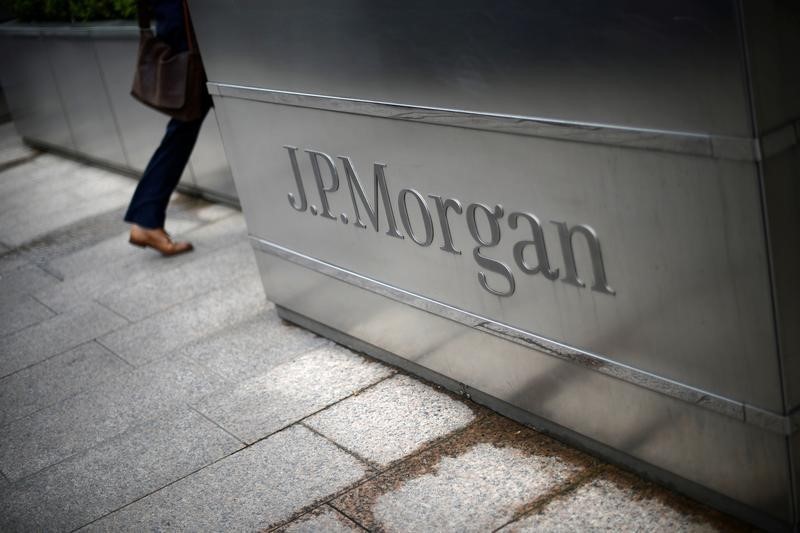This post was originally published on this site

The analysts explained that last week and during the March Fed press conference, risk markets were holding up well until the Fed Chair indicated that he does not foresee cutting rates this year.
They stated that there are several reasons for the stance, including leadership turning defensive, the consensus view that the worst of pressures is behind us will likely be proven wrong, the fact that we haven’t had a sustained rally before the Fed has stopped hiking and that there is an alternative, with the main risk-free rate offering 5%, duration risk-free.
“All of these contribute to our view that stocks are set to weaken for the remainder of the year,” wrote the analysts.
“Dissonance remains between the bond market that expects rate cuts this year, equity market interpretation of those potential cuts as positive for risk, and the Fed’s rhetoric not seeing any rate cuts,” they said. “What equity (and more broadly risk) markets refuse to acknowledge is that if rate cuts happen this year, it will either be because of the onset of a recession or a significant crisis in financial markets.”
As a result, the analysts see the gap between the bond market, equity market, and the Fed as likely to close at the expense of equities.
“Higher rates means lower multiples (and higher risk of recession), and lower rates would most likely be a result of a risk-off event. Equity market breadth by some measures is the weakest ever, with the narrowest stock leadership in an up market since the 1990s,” the analysts added, noting that the factor rotation into Defensives/Low Vol is only ~33% underway vs. prior end of cycles, which implies “the risk of recession is far from priced in.”
While JPMorgan has a bullish medium-term duration bias in the U.S. and Europe, they are staying tactically neutral as “markets price in a more dovish Fed/ECB path than we expect.”
They also commented that JPMorgan is more positive on Tech this year than last but thinks the sector is “getting stretched in absolute terms.”


